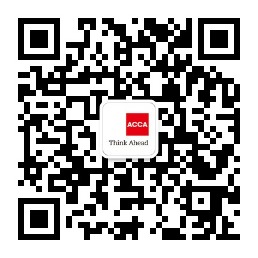消除认知偏见?提高审计师的独立性和职业怀疑
Audit quality will only be improved further when all stakeholders in the financial reporting process understand how cognitive biases impact the use of information in decision making.
Auditors’ lack of professional scepticism is seen by audit oversight bodies and the public as being at the root of issues with audit quality. This criticism has risen in importance since the global financial crisis. Auditors and standard-setters are under pressure to enhance professional scepticism.
However, some lapses in professional scepticism may be due to cognitive bias rather than being merely a ‘lack of professional scepticism’. And cognitive biases can also lead people to believe there has been a lapse in professional scepticism where there has not.
Standard-setters can take practical actions to reduce the impacts of known biases. However, an audit that completely eliminates cognitive biases would be prohibitively time-consuming, costly and invasive. There’s a need for an open discussion as to how much residual cognitive bias is acceptable to society.
A state of mind
A challenge for auditors is how the issue of professional scepticism is framed and described. As a state of mind, professional scepticism cannot be directly observed. It feeds into judgements which drive actions that the auditor then documents. It is natural that regulators and oversight bodies tend to focus more on documentary evidence. A key issue for auditors is how they encapsulate fully the way they have exercised professional scepticism in their work papers.
More resilience
International auditing standards refer to bias. However, the term is used differently from the way it is used in psychology.
Psychology research shows that training can help to mitigate bias but is not always completely effective.
Everyone involved in the financial reporting supply chain, including the general public, needs to be aware of cognitive biases. A key advantage of increasing awareness is that the audit profession can design and build systems and processes that are more resilient to bias.
Adoption issues
Decision-making without considering biases may end up inadvertently reinforcing those biases.
Cognitive biases are often studied and widely understood in psychology literature. However, there may be reservations about adopting this approach in auditing.
Some might argue that admitting to cognitive biases is an excuse for bad auditing.
In contrast, ACCA believes this approach can work and that it is essential for improving audit quality to meet society’s demands.
Strong leadership is required to ensure that:
· the views of all stakeholders are addressed
· the public interest prevails over individual interests.

手机扫描二维码,关注ACCA中国官方微信。在对话框输入“0094”,即可将报告直接下载到您的手机。






